
LOUISE ASHCROFT (Art) makes performances, projects and videos that chronicle her playfully antagonistic disruptions of the bizarre economic and social realities of advanced capitalism. For example, mailing London soil to its hedge fund owners in Australia; leading ‘backwards shopping’ workshops in Westfield mall; or planning how she'd spend the rest of her life together with strangers while helping them tidy their homes. Louise runs the humorous performance night Unperforming, is cofounder of the free, alternative art school AltMFA (est. 2010) and ran Chisenhale Studios' Into the Wild artist development programme for five years. www.louiseashcroft.org
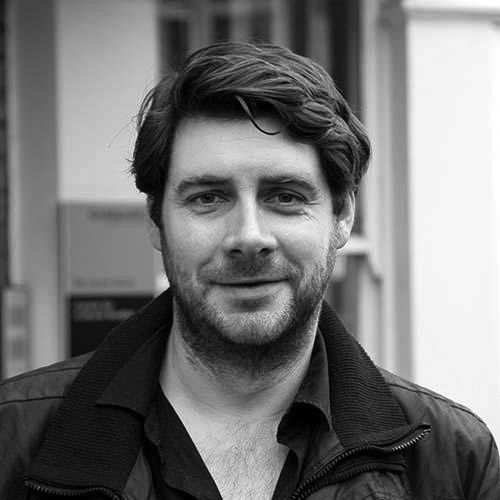
JAMES BURTON (Media, Communications and Cultural Studies) researches and publishes on a wide range of topics in cultural theory, philosophy and literature, with particular interests in fabulation, science fiction, posthumanism and post-natural ecology. With Erich Hörl, he edited General Ecology: The New Ecological Paradigm (2017). His publications include The Philosophy of Science Fiction: Henri Bergson and the Fabulations of Philip K. Dick(2015), “From Exegesis to Ecology” (2015), “Towards a Parasitic Ethics” (with Daisy Tam, 2016) and “Metafiction and Ecology: Making Worlds with Worlds” (2017). In 2019, James co-organised a series of workshops entitled Organic Systems (Science Fiction and Ecology).

RICK CROWNSHAW (English and Creative Writing) has published extensively on witnessing, postmemory and trauma studies in American literature and culture. More recently Rick has turned his attention to the Environmental Humanities and literature of the Anthropocene. He has co-edited, with Stef Craps, a special issue of Studies in the Novel (2018) on climate change fiction and is currently finishing a monograph, Remembering the Anthropocene in Contemporary American Fiction, which focuses on the potential of cultural memory and trauma studies in analyzing literary narratives of climate change, extinction, pollution and toxicity, the resourcing of war, American petrocultures and post-oil worlds.
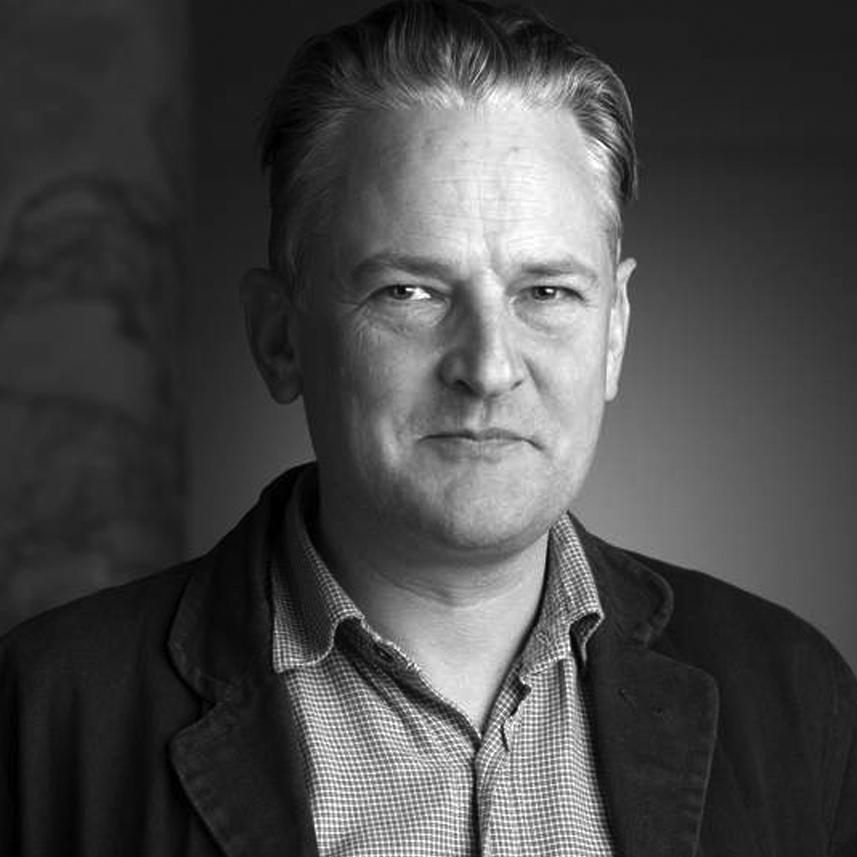
MATTHEW FULLER (Media, Communications and Cultural Studies) addresses questions of ecology in relation to culture in numerous ways, for instance: ecology as a way into materialism, in Media Ecologies (MIT Press, 2005), and artistic engagements with seeds as agents of political force, as in the ‘Digger Barley’ project, Manifesta Biennale, 2008. In the environmental humanities and posthumanities he co-authored, with Olga Goriunova, Bleak Joys (Minnesota UP, 2019). He was a researcher on Simon Pope’s “Discussion Island” project examining more-than-human forms of resilience around rising water levels in Toronto Bay. In 2018, Fuller was Distinguished Visiting Professor at The Seed Box, Environmental Humanities Collaboratory, Linkoping University, Sweden.
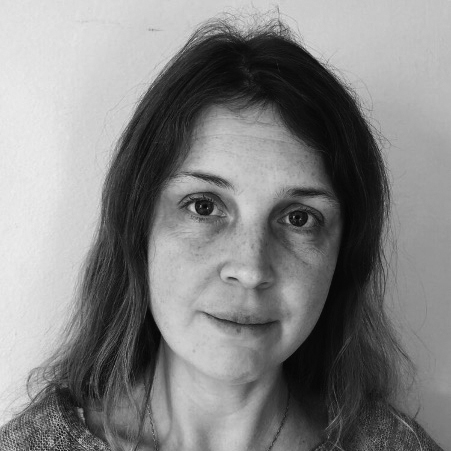
ROS GRAY (Art) is author of Cinemas of the Mozambican Revolution (Boydell and Brewer, 2020). She has analysed the ecological and planetary resonances of work by artists including Renée Green, Antonio Ole and Kiluanji Kia Henda. With Shela Sheikh, she co-edited the Third Text special issue, ‘The Wretched Earth: Botanical Conflicts and Artistic Interventions” (2018), exploring environmental violence and the politics of the soil. She is Coordinator of the Goldsmiths Allotment. She led the development of the MA Art & Ecology and is leading the planning of an Art Research Garden at Goldsmiths. She convened the CHASE series of lectures and workshops, “What Can a Garden Be?”. Ros is co-director (with Anna Colin) of the Centre for Art and Ecology at Goldsmiths.
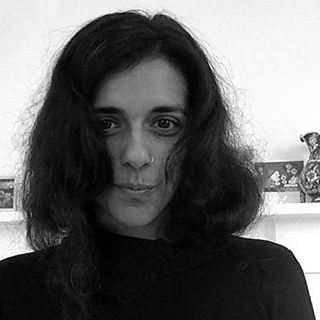
AYESHA HAMEED (Art) produces performance, audio, video and written work that explores contemporary borders and migration, critical race theory, and visual cultures of the Black Atlantic, particularly thinking about afrofuturism’s possible intertwinement with the Anthropocene. She has performed and exhibited internationally. Her publications include Futures and Fictions, co-edited with Simon O’Sullivan and Henriette Gunkel (Repeater, 2017), Visual Cultures as Time Travel, with Henriette Gunkel (Sternberg Press, 2018), and contributions to Forensis (Sternberg Press, 2014), Unsound/Undead (Urbanomic, 2019).

GRAHAM HARWOOD (Media, Communications and Cultural Studies) is part of the artist group YoHa, with Matsuko Yokokoji. YoHa’s work involves the use of art as a mode of enquiry into technical objects. Most recently their investigations have been carried out within the fields of health, war, oceans and death. Currently YoHa is engaged in the flows of the sea, a distance from the norms of land, its state actors and fixed capital investments. Recent work in this area includes: Wrecked on the Intertidal Zone with Critical Art Ensemble, Fran Gallardo and Andy Freeman, and Wasted: Voyages in the Thames Estuary (2021).

CAROLYN KIRSCHNER (Design) is
is a designer and researcher with a background in architecture. Her work explores the growing entanglements of ecologies and machines in the context of the climate crisis. Working with scientific tools and technologies she produces fragments from alternate or expanded worlds, with a particular interest in realms which lie beyond the reach of human senses. Carolyn’s work has been shown at the Centre Pompidou (2023), ZKM Center for Art and Media Karlsruhe (2022), and A/D/O in Brooklyn (2020). Publications include Perspecta (2021), The Polar Silk Road (2021), and The Visual Ecologies of Placemaking (2024).
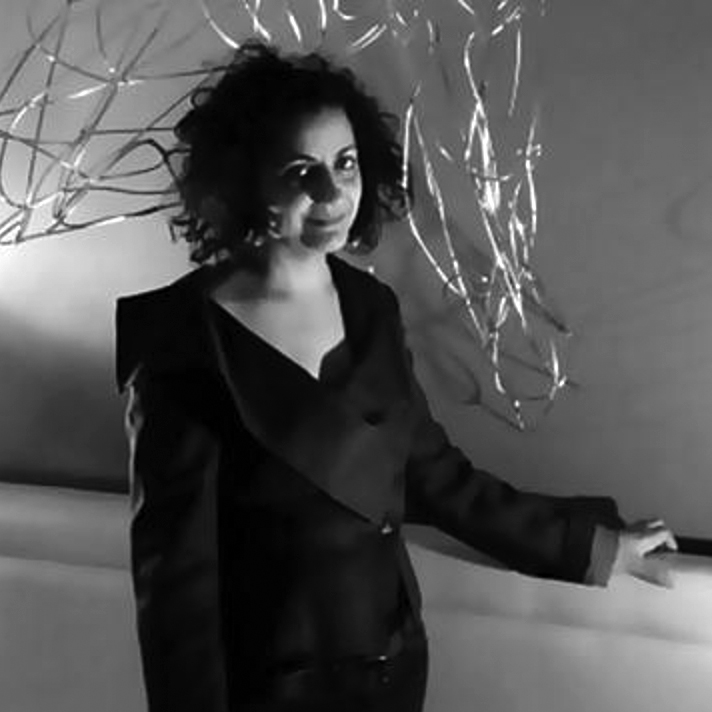
NIRMAL PUWAR (Sociology) brings together a range of methods including interviews as well as collaborative, creative and site-specific interventions to re-route space, nation and institutions. At Goldsmiths she co-founded the Methods Lab to mutate methods as well as outside/inside relations within and beyond the walls of the academy. Meeting Places, Walking Through Litterand Mint feature in her creative non-fiction works on memory and place. Her latest collaborative project on Brutalist Architectures: mourning, mapping, mobilising engages with site-specific conversations to detail the lack of regard for environmental heritage in the face of urban development without civic accountability.

WOOD ROBERDEAU (Visual Cultures) explores modes of everyday experience through phenomenology and philosophical post-humanism to ask how a poetics of space and place or the ‘lived environment’ might resonate with climate change and futurity. He is particularly interested in questions concerning cultural production and reception in times of climate crisis and activism that explore a poetics of encounter, observation and participation. He has published on culinary materialism and the alimentary, visual practices, 'vital materialism', and the rural vs. the urban as a complex spatial paradigm for eco-critical thinking. Wood is a also a member of the Centre for Art and Ecology and the Kitchen Research Unit at Goldsmiths.
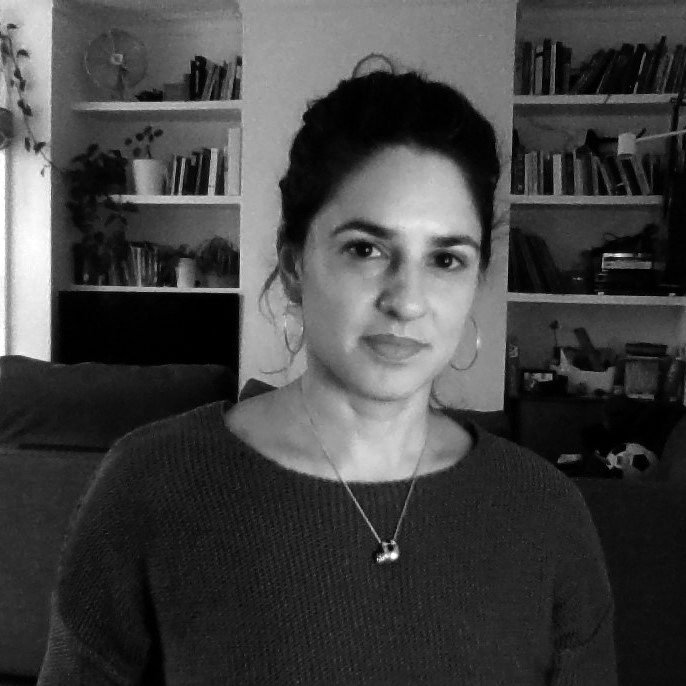
JULIA SAUMA (Anthropology) (she/her) is a Brazilian-British and Deaf researcher whose work aims to develop detailed studies of how collective life is maintained within and against violent structures in metropolitan and frontier contexts in Brazil. She is particularly interested in the crucial and pragmatic reshaping of self and collectivity that takes place to ensure the permanence of refuge as an affective-ecological space. For the last fifteen years she has been collaborating with Amazonian quilombo (maroon) families from the Erepecuru River (Pará State) in their struggle to protect their communities and maintain a joyful collective life in the face of anti-Black ideologies and State-endorsed environmental destruction.

SUSAN SCHUPPLI (Centre for Research Architecture, Visual Cultures) is an artist and researcher whose work examines material evidence from war and conflict to environmental disasters. Current research focuses on the politics of cold. Creative projects have been exhibited throughout Europe, Asia, Canada, and the US. Recent commissioned projects include Learning from Ice, Svalbard Arctic Archipelago, Cold Cases, and the COP26 British Council Creative Commission Listening to Ice. She has published widely within the context of media and politics and received the ICP Infinity Award for Critical Writing and Research in 2016.
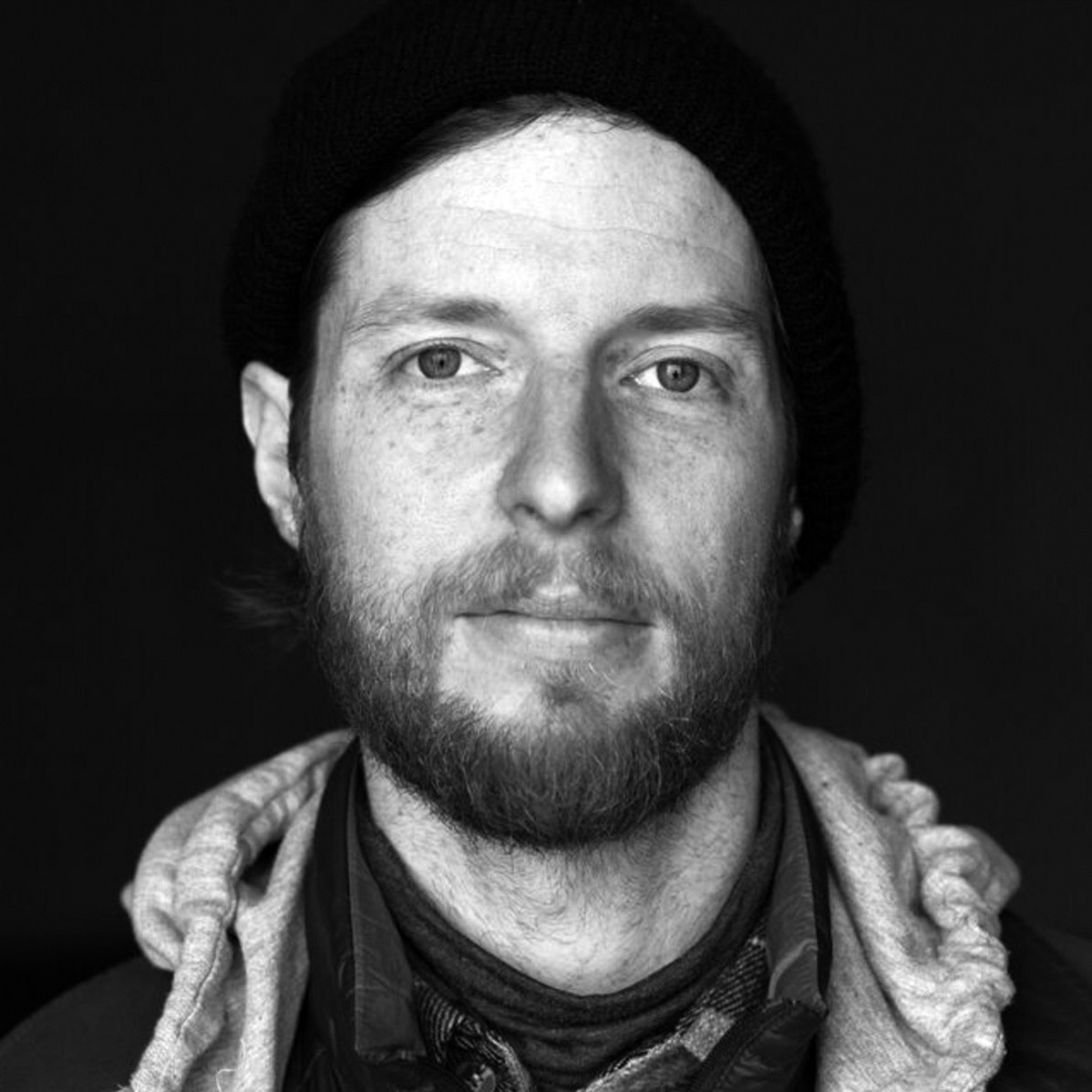
JOL THOMS (Art) is an artist whose practice situates, locates, and critically analyzes the history of the philosophy of science in relationship to metaphysical concepts of nature, technology, cosmos and the human using experimental theory, video, performance and installation. His fieldwork takes place within remote landscape-laboratories on the edges of known realities and quantum ecologies. He is the initiator and current director of Radio Amnion: Sonic Transmissions of Care with/in Oceanic Space located 2.5km deep in the Pacific Ocean, which transmits new artists compositions to and for the sea during each full moon. He has participated in significant international exhibitions, performances, conferences, residencies and film festivals. https://radioamnion.ne. Jol is also a member of the Centre for Art and Ecology at Goldsmiths.

LYNN TURNER (Visual Cultures) explores how animal and sexual differences matter in visual and aural culture as well as continental philosophy, literature and psychoanalysis. She is co-author, with Astrid Schmetterling, of Visual Cultures As…Recollection (Sternberg Press, 2013), co-editor, with Lindsay Kelley, of “bon appetit” (2013), a special issue of parallax on the poetics and politics of food called ‘bon appetit,’ (2013), editor of The Animal Question in Deconstruction (Edinburgh University Press, 2013), co-editor, with Undine Sellbach and Ron Broglio, of The Edinburgh Companion to Animal Studies (EUP, 2018), and author of Poetics of Deconstruction: On the Threshold of Differences (Bloomsbury, 2020).

TUUR VAN BALEN (Design) is part of the artist duo Revital Cohen & Tuur Van Balen. Their work explores processes of production as cultural, social and political practices; following geopolitical, geological and biological strains within the manufactured landscape to make objects that question the context of their own becoming. In recent years they made work in Chinese factories, a Japanese fish laboratory and a Coltan mine in DR Congo. Animal bodies (human or otherwise) are a recurring consideration; they are fascinated by how these are shaped by the apparatus they operate in. Rehearsals seem to return as well. www.cohenvanbalen.com
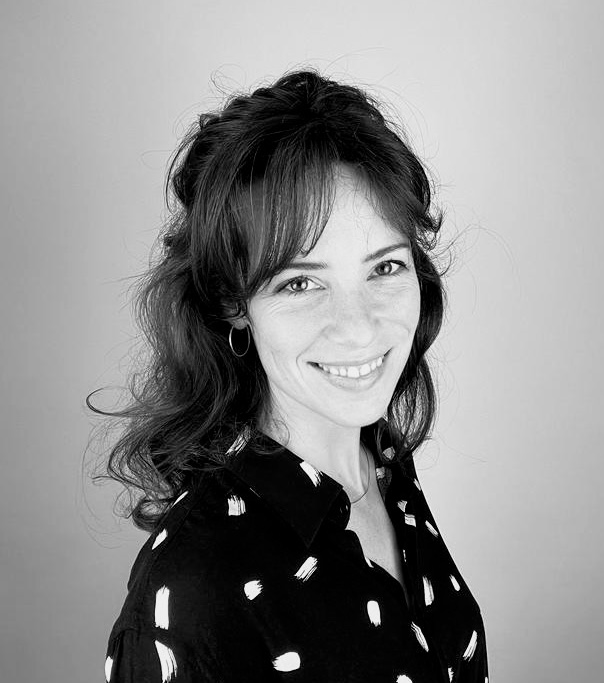
BECCA VOELCKER (Art) is a writer and historian of art, film, and visual culture. Much of her work considers land and senses of place. She earned her PhD at Harvard University in 2021 and is now Lecturer in the School of Art at Goldsmiths, University of London. Becca was named a BBC New Generation Thinker in 2024 and now regularly contributes to BBC Radio. Her first book, Land Cinema in an Age of Extraction (University of California Press), is a cross-cultural history of eco-political cinema, published in late 2025 to coincide with a Land Cinema film season she curated at the Barbican. www.beccavoelcker.com
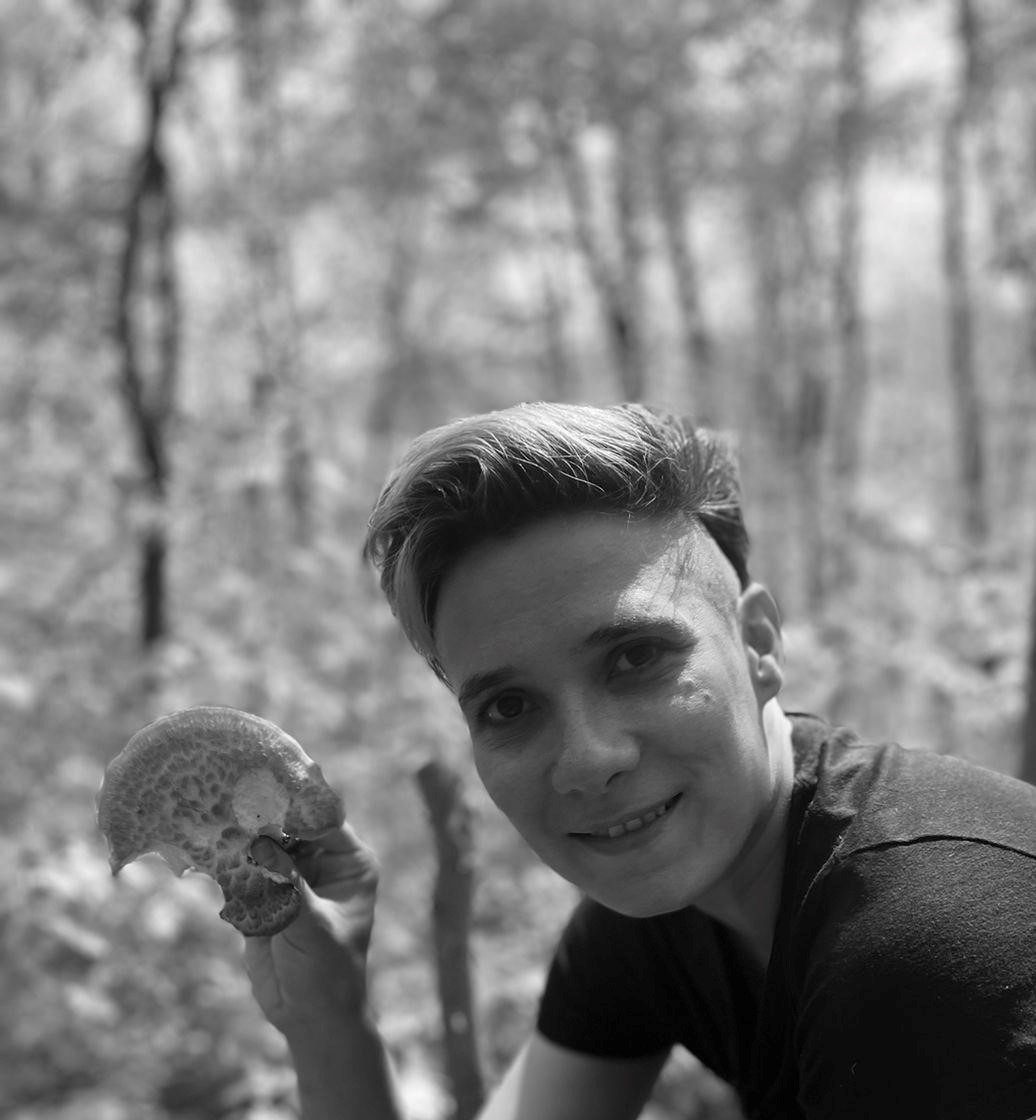
LENKA VRÁBLÍKOVÁ (Art and Visual Cultures) explores the role fungi have played in the cultural imagination of European heteropatriarchal postcoloniality, with the aim of generating new notions of belonging in a world defined by unequally distributed social and ecological precarity. Together with Elspeth Mitchell (University of Leeds), she facilitates “Out of Office” walks that combine feminist reading with mushroom hunting. In 2021 and in collaboration with Woods - collective for cultivation, art and theory based in Czechia, Lenka and Elspeth co-curated “Mycorrhizal Encounters,” a series of online conversations with artists, mushroom farmers, activists, and scholars. Lenka's publications include "Out of Office: mycorrhizal encounters and the art of feminist un/learning" (2022, with Elspeth Mitchell), "Feminist Ethnomycology and the Politics of Visual Culture" (2022, with Elspeth Mitchell) and “Othering Mushrooms: Migratism and its racist entanglements in the Brexit campaign” (2021). Lenka is also a member of the Centre for Art and Eology at Goldsmiths.